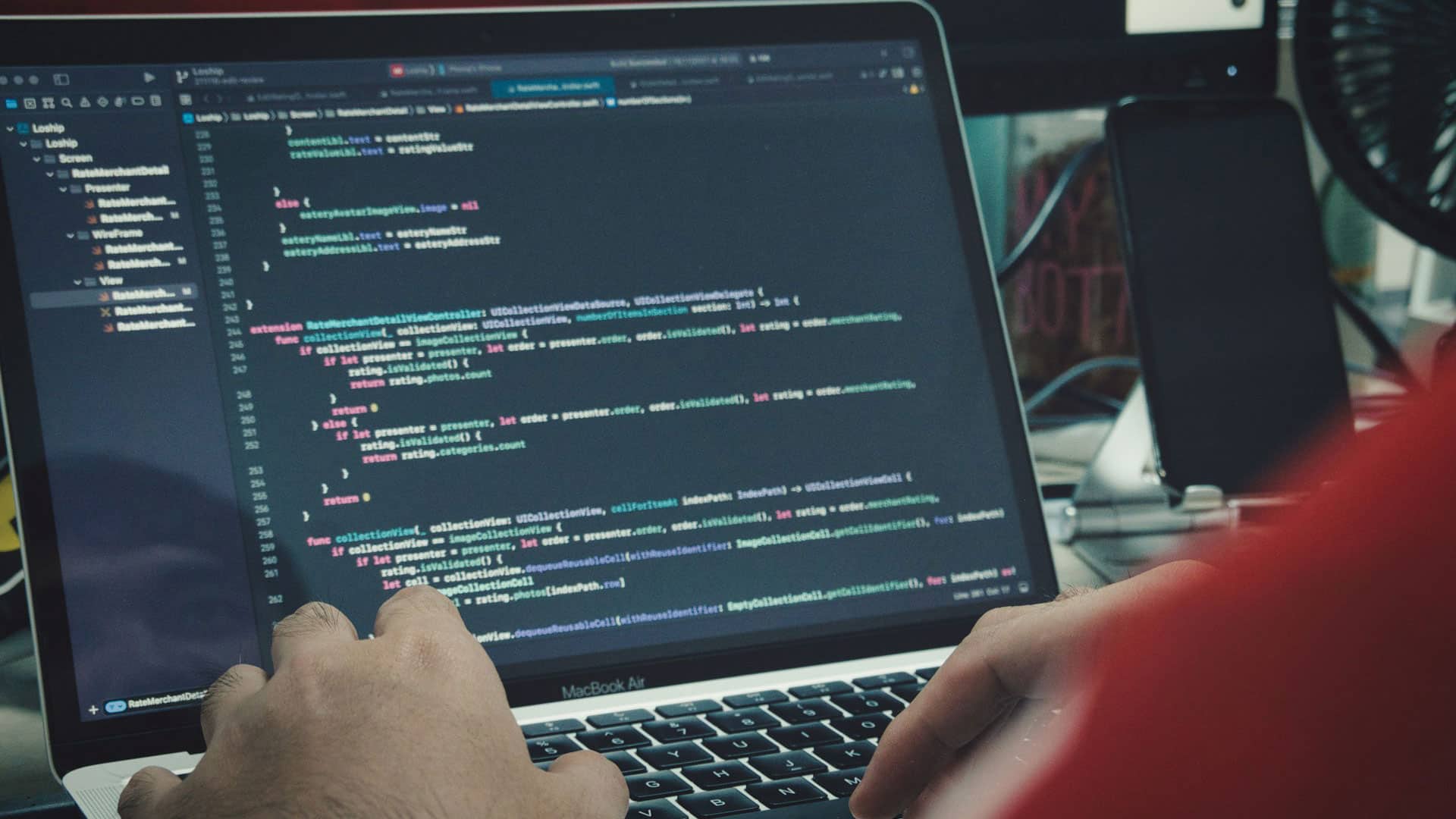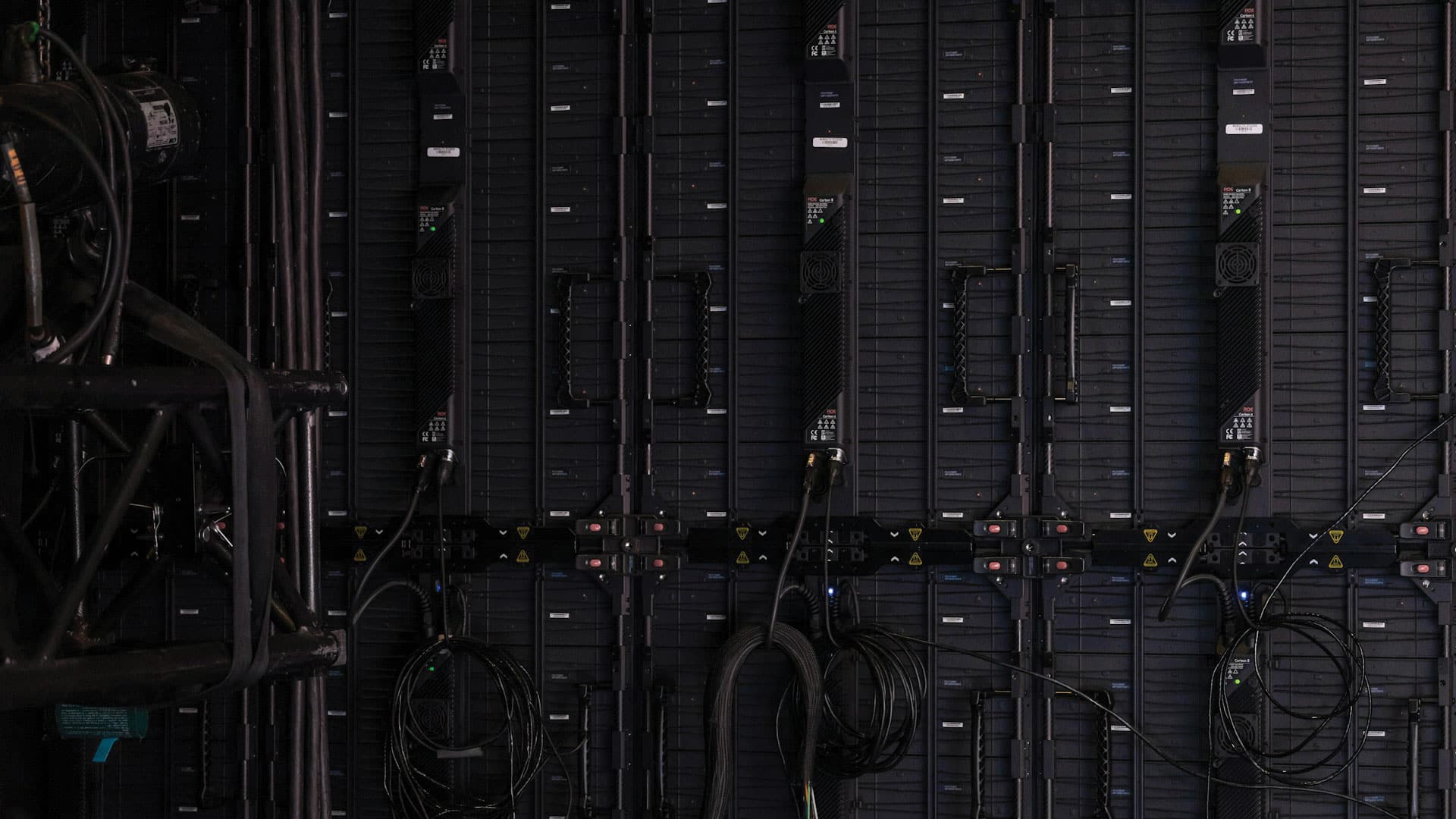Client Background
Case Study: Developing a Cross-Platform Loyalty Program System with Real-Time API Integrations
Role: Developer Programmer (ANZSCO 261312)
Client Location: Thailand
Target: ACS RPL for Skilled Migration – ANZSCO 261312
The client is an experienced Developer Programmer with 7+ years of full-stack development experience, with a primary focus on API development, frontend integration, payment gateway interaction, and cloud-based RESTful service design. Employed by a national retailer in Thailand, the client played a vital role in designing and developing a loyalty program system that worked across mobile apps, websites, and in-store point-of-sale (POS) terminals. The client’s academic background was in Finance, and therefore, not ICT-related. To qualify for Australian immigration under the Developer Programmer (ANZSCO 261312) classification, we prepared a full ACS RPL application for the client, including both Key Areas of Knowledge and two Project Reports, emphasizing software development competency in a commercial setting.
Step 1: Skills and Technology Assessment
During consultation and project analysis, the client’s skills were identified in five key areas:
- RESTful API development with data validation and token-based authentication
- JavaScript and TypeScript frontend integration for seamless user workflows
- Backend development using Node.js and Django with PostgreSQL
- POS API integration and webhook handling
- CI/CD pipeline implementation with Docker containers in cloud environments
Technologies and Tools Used:
- Programming Languages: JavaScript, Python, TypeScript, HTML5, SQL
- Frameworks: Node.js (Express), Django REST Framework, React
- Databases: PostgreSQL, SQLite, Redis
- APIs & Auth: JWT, OAuth2.0, OpenAPI (Swagger), RESTful JSON
- DevOps & CI/CD: Docker, GitLab CI, Heroku, AWS Elastic Beanstalk
- POS / Hardware Integration: Epson TM-T20, REST hooks, QR Code SDK
- Monitoring & Logs: ELK Stack, Grafana, PM2, Sentry
Step 2: Mapping to Key Areas of Knowledge
The Key Areas of Knowledge section emphasized real-world experience in the ACS developer programming requirements.
a) System Design and Full-Stack Development
The client single-handedly drafted and implemented a modular loyalty API with service-oriented design. The backend exposed a suite of REST endpoints for user registration, account linking, point balance retrieval, reward redemption, and voucher generation.
“Each endpoint was protected using JWT authentication. Users could access their loyalty points both from mobile apps and during checkout at POS systems in real time.”
b) Frontend Development and API Integration
Developed reusable components in React, which powered the loyalty section of the client’s e-commerce frontend. Integrated APIs using Axios, included QR scanning libraries, and stored user sessions securely via browser-local storage.
c) Data Management and Optimization
Used PostgreSQL as a relational store and Redis to cache recent transactions for fast lookup. Implemented indexing and wrote optimized SQL queries for dashboard summaries to support analytics.
d) Testing and Deployment
Set up unit and integration testing using Jest and PyTest. Configured Docker containers for deployment and pushed to Heroku staging and AWS production environments using GitLab CI pipelines.
Step 3: Project Report 1
Project Title: Loyalty API and POS-Integrated Reward System
Role: Developer Programmer Duration: February 2021 – September 2022
Objective: Build a secure, real-time, backend loyalty management service accessed via mobile app, website, and POS terminals across 120+ retail locations.
Responsibilities:
- Designed and implemented REST APIs using Django REST Framework
- Created PostgreSQL schemas for accounts, transactions, redemptions, and bonus offers
- Developed JSON Web Token authentication system with session revocation policies
- Enabled QR code issuance via third-party SDK for receipt-based rewards
- Integrated APIs into POS systems using polling and webhook notifications
- Wrote unit tests using PyTest and set up Sentry alerting for exception monitoring
Technologies Used:
- Python (Django), PostgreSQL, Redis, JWT, Swagger, POS REST adapters
- Docker, GitLab CI, AWS EC2, NGINX reverse proxy
- ELK logging, Grafana
Results Achieved:
- System logged over 800,000 active loyalty users within 10 months of launch
- Achieved over 120 transactions per second across all retail locations
- Mobile users increased by 31%, with 97% successful reward redemptions
- Built a centralized dashboard reducing customer support ticket resolution time by 62%
Step 4: Project Report 2
Project Title: Cross-Platform Loyalty Widget and Mobile App Integration
Organization: Lotus Mart (Thailand) Role: Developer Programmer Duration: October 2022 – May 2023
Objective: Develop and deploy a modular loyalty UI component to integrate into iOS, Android, and web platforms, enabling end-users to track points, redeem vouchers, and receive push notifications.
Responsibilities:
- Developed React component modules styled with Tailwind CSS
- Consumed backend APIs via Axios and WebSockets for real-time point updates
- Implemented QR scanner integration for in-store app promotions via WebRTC-capable devices
- Stored JWT in HTTP-only cookies for cross-platform session security
- Controlled app routing and UI state using React Router + Context API
- Built a unified notification microservice (based on Redis pub/sub) to send user messages for birthday bonuses, flash sales, etc.
Technologies Used:
- React, TypeScript, WebSockets, JWT, Mobile SDK
- Redis pub/sub, WebRTC API (QR scanning), Tailwind CSS
- Firebase Cloud Messaging (FCM) for iOS/Android push
- NGINX, Docker Compose for staging environment
Outcomes Delivered:
- Daily active users crossed 30,000 across mobile/web within 6 months
- QR-based promo campaigns delivered 22% higher ROI than static offers
- User loyalty score rankings updated in real time
- Secured cross-site mobile sessions with no major token hijacks or authentication incidents reported
Step 5: Submission and Result
After preparing both project reports and Key Areas of Knowledge, the client reviewed the material and requested a few edits:
- Clarify QR code update frequency and POS sync
- Slightly expand the mobile app’s FCM notification logic description
The changes were implemented within 48 hours. Documents were stylized to meet ACS submission requirements, run through plagiarism checks for originality, and delivered. The client submitted the RPL application and received a positive ACS skills assessment under ANZSCO 261312 within five weeks, qualifying for a skilled visa.
Conclusion
This case study showcases the expertise expected of a Developer Programmer under ANZSCO 261312, highlighting real-life experience in building secure, modular, and scalable systems across backend APIs, frontend integrations, and cross-platform user experience. Through effective use of RESTful APIs, token-based security, cloud deployment, and UI development, the client demonstrated end-to-end capability that perfectly aligns with ACS assessment standards.



